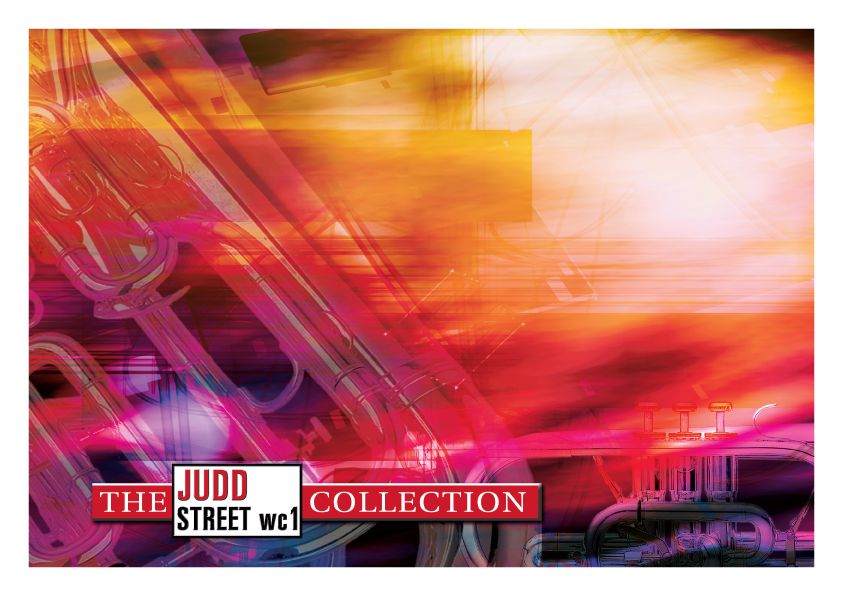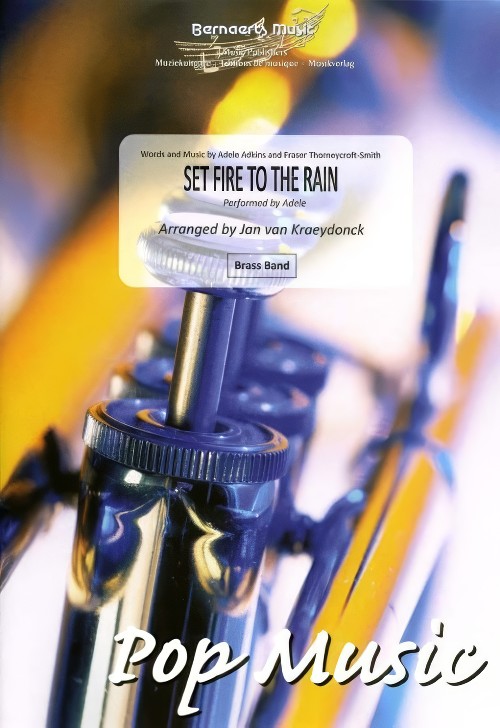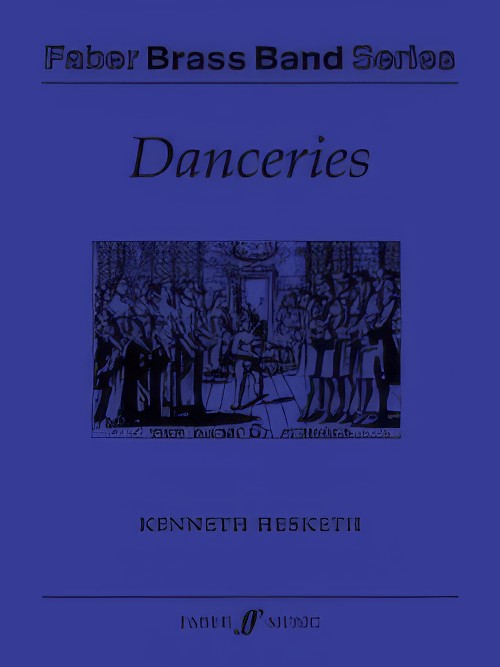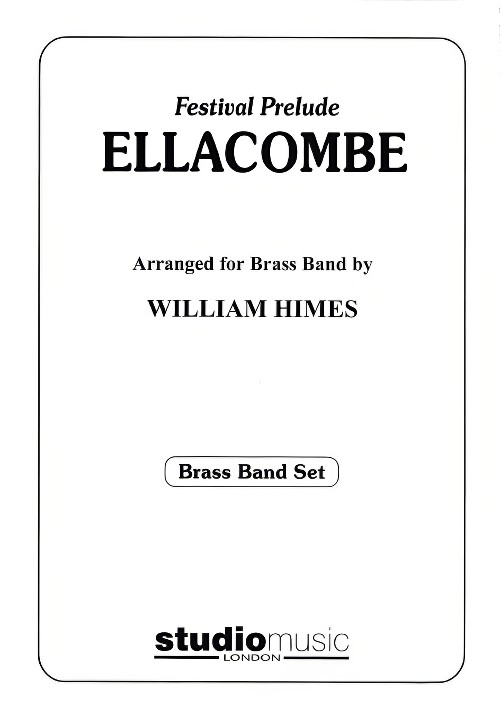Results
-
 £24.95
£24.95FLOURISH FOR BRASS (Brass Band Set)
Estimated dispatch 7-14 working days
-
 £44.95
£44.95LITTLE SUITE FOR BRASS BAND (Brass Band Set)
Estimated dispatch 7-14 working days
-
 £59.95
£59.95RHAPSODY IN BRASS (Brass Band Set)
Estimated dispatch 7-14 working days
-
 £49.50
£49.50SYMPHONY FOR BRASS (Brass Band Set) - Ewald, Victor - Hopkinson, Michael E.
Score and Parts. 2014 National Championships Finals - Third Section.
Estimated dispatch 7-14 working days
-
 £59.95
£59.95TOURNAMENT FOR BRASS (Brass Band Set)
Estimated dispatch 7-14 working days
-
 £19.95
£19.95Judd: To Music
This beautiful melody became popular in The Salvation Army after it appeared with a new set of words by Will Brand under the title More than these in January 1949. This arrangement for cornet and brass band was originally published in 1961.
Estimated dispatch 7-14 working days
-
 £34.82
£34.82Have Yourself a Merry Little Christmas (Vocal or Flugel/Cornet Solo with Band)
This attractive Bossa Nova-style arrangement for vocal or flugel/cornet soloist with brass band has been made by Australian composer Sam Creamer. The key is suitable for male or female vocalists, or in the absence of a vocal soloist a part has been supplied for flugel horn or cornet soloist. A piano accompaniment that matches this band arrangement is also available here and may be used as an alternate accompaniment in the absence of a full band, or can be used simultaneously by a rhythm section alongside the brass band. Have Yourself a Merry Little Christmas has been a Christmas favourite to many since its first release, extensively featuring in Christmas movies, broadcasts and programming. It has also been recorded numerous times by artists including Judy Garland, Frank Sinatra, Tori Amos, Michael Buble, Christina Aguilera, and Chicago. To view a rolling score video of this piece please visit www.youtube.com/watch?v=sSZHxzsJheg Duration: Approx. 3.00 minutes Difficulty Level: Medium Easy PDF download includes parts and score. Sheet music available from www.brassband.co.uk Instrumentation: Vocal Soloist Cornet/Flugel Horn Soloist Bb Soprano Cornet Eb Solo Cornet Bb Repiano Cornet Bb 2nd Cornet Bb 3rd Cornet Bb Flugel Horn Bb Solo Horn Eb 1st Horn Eb 2nd Horn Eb 1st Baritone Bb 2nd Baritone Bb 1st Trombone Bb 2nd Trombone Bb Bass Trombone Euphonium Bb Bass Eb Bass BbPercussion I (Timpani, Vibraphone, Glockenspiel) Percussion II (Bongos, Shaker, Triangle) Percussion III(Drum Set)
In Stock: Estimated dispatch 1-3 working days
-
 £51.99
£51.99Set Fire to the Rain (Brass Band - Score and Parts) - Adkins & Thorneycroft-Smith - Kraeydonck, Jan van
Performed by AdeleDuration: 03:30
Estimated dispatch 7-14 working days
-
 £85.00
£85.00Danceries (Set I) (Brass Band - Score and Parts) - Hesketh, Kenneth
In Danceries, by Kenneth Hesketh, the melodies themselves are a mixture of old and new. Where the old occurs it has been adapted in mood and composition and is often interspersed with completely new material. The contemporary harmonies and rhythms bring a breath of new into these themes and add drama to the suite. Suitable for Advanced Youth/3rd Section Bands and above. Duration: 12.00
Estimated dispatch 7-14 working days
-
 £37.95
£37.95Ellacombe (Brass Band Set) - Himes, William
Recorded on Polyphonic QPRL223D Faith Encounter
Estimated dispatch 7-14 working days
